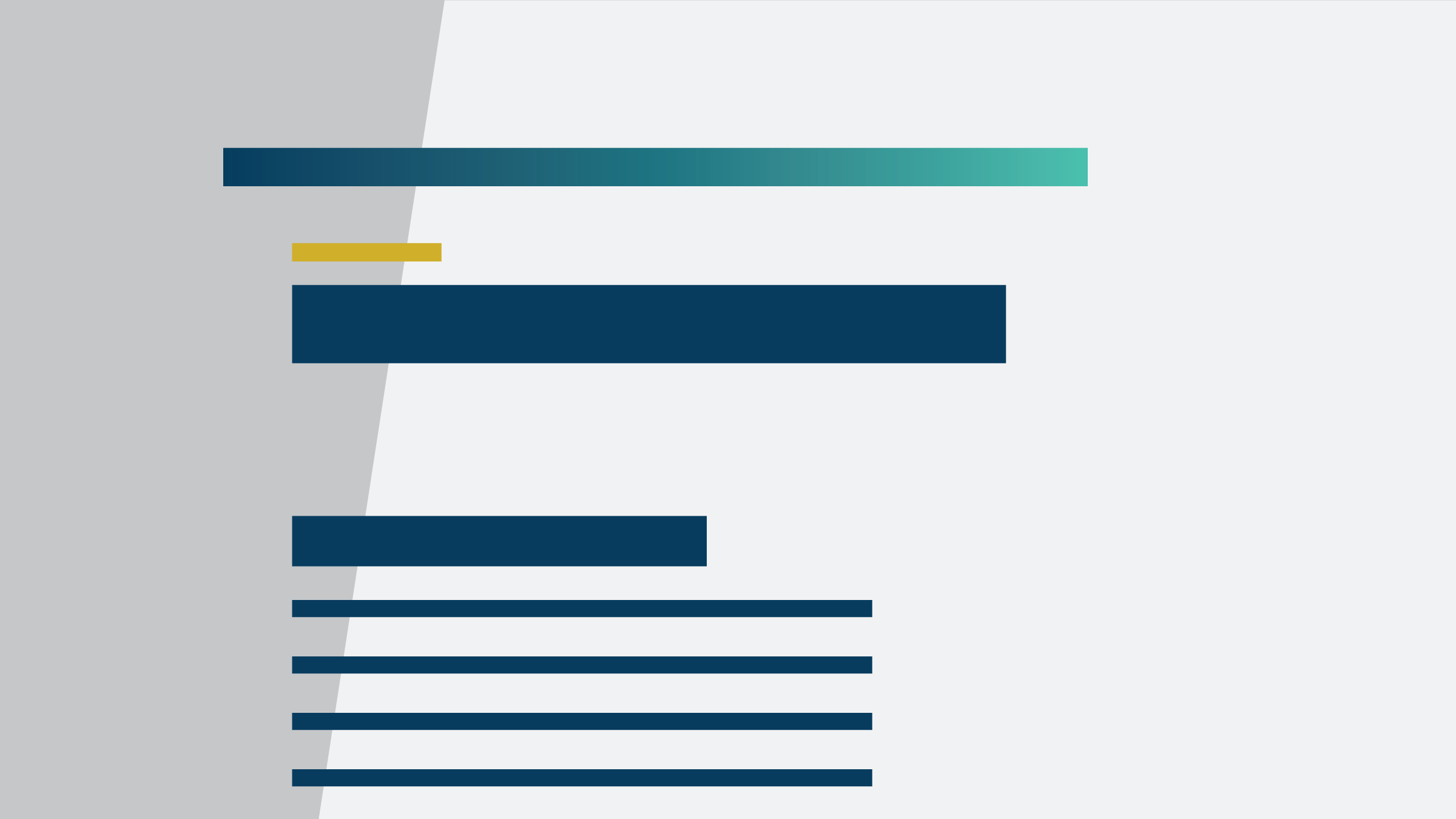Abstract
We develop a theory of _sweat equity_—the value of business owners' time and expenses to build customer bases, client lists, and other intangible assets. We discipline the theory using data from U.S. national accounts, business censuses, and brokered sales to estimate a value for sweat equity in the private business sector equal to 1.2 times U.S. GDP, which is about the same magnitude as the value of fixed assets in use in these businesses. For a typical owner, 26 percent of the sweat equity is transferable through inheritance or sale. The equity values are positively correlated with business incomes and standard measures of markups based on accounting data, but not with owners' financial assets or standard measures of business total factor productivity. We use our theory to show that abstracting from sweat activity leads to a significant understatement of the impacts of lowering business income tax rates on private business activity for both the extensive and intensive margins. Despite finding larger responses, our model's implied tax elasticities of establishments and owner hours are in line with empirical estimates in the public finance literature. Allowing for financial constraints and superstar firms does not overturn our main findings.





